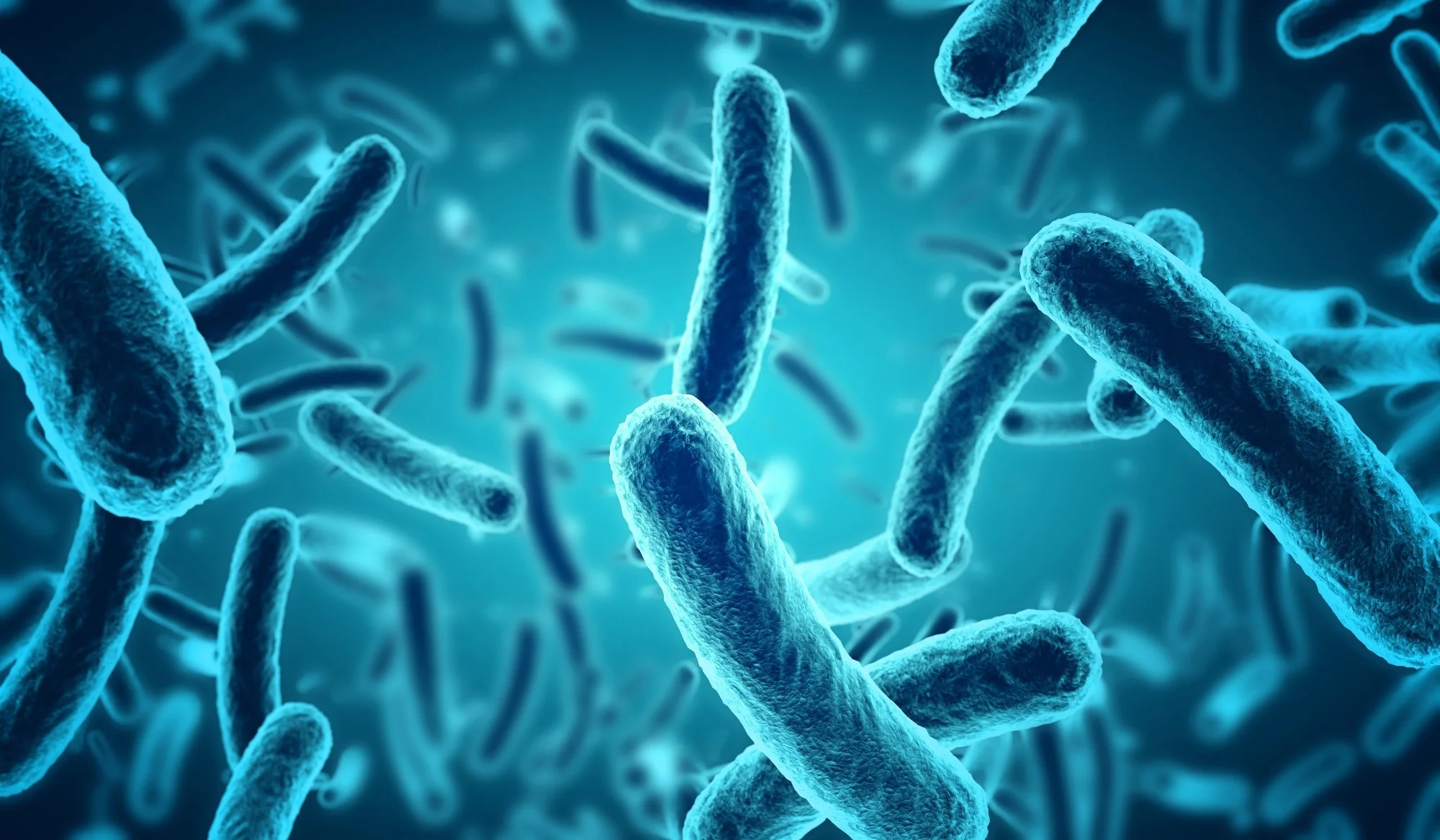Human microbes feed on plant sugars

New research suggests that the carbohydrate found attached to the plant protein acts as a food source for bacteria in our gut.
A paper published in the Proceedings of the National Academy of Sciences describes how species of gut microbes use plant N-glycans, a type of complex carbohydrate, as nutrients. There was research was led by researchers from the University of Birmingham and Newcastle University. They made use of genomic data for the identification of specific enzymes produced by gut bacteria to break down complex carbohydrate structures.
Information about enzymes will help researchers to understand gut health in a better way. The enzymes that are produced by the gut microbiome have several biotechnological advantages such as reducing allergic responses to food and medicines. As per the suggestion of researchers, these enzymes can be used to make some food and medicines which will less likely to have allergic reactions as the plant sugars that the gut microbes feed on are associated with some allergies from pollen and plant-based foods.

According to Dr. Lucy Crouch, the gut microbiome is an important feature of human health. The researcher further adds that this finding will enable a better understanding of the microbiome. By identifying the enzymes that are used by these microbes to digest food, future diets can be developed which will promote a healthy gut and this will improve general health.
The study also shows one unexpected outcome. The insect's N-glycans are targeted by some of the enzymes. Thus in near future, when we will rely on alternative sources of protein such as insects, this study shows that insect proteins may also provide nutrients for the gut microbes.
Dr. David Bolam, co-lead author of the study from Newcastle University said: "We are still learning the role our gut plays in our overall health and so learning how microbes in our gut can use plant N-glycans is vital. This has developed our knowledge both in terms of understanding how these sugars are broken down by the microbiota, but also to discover new enzymes that could be used to alter and analyze N-glycan structures for medical and industrial applications.".
Story Source:
Materials provided by University of Birmingham.. The original text of this story is licensed under a Creative Commons License. Note: Content may be edited for style and length.
Journal Reference:
- Lucy I. Crouch, Paulina A. Urbanowicz, Arnaud Baslé, Zhi-Peng Cai, Li Liu, Josef Voglmeir, Javier M. Melo Diaz, Samuel T. Benedict, Daniel I. R. Spencer, David N. Bolam. Plant N -glycan breakdown by human gut Bacteroides. Proceedings of the National Academy of Sciences, 2022; 119 (39) DOI: 10.1073/pnas.2208168119
0 Comments